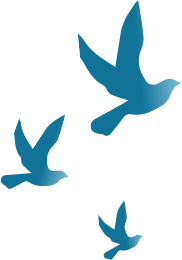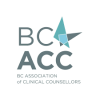NeurOptimal® brain training
Optimize Your Brain’s Function and Regain Control of Your Life
NeurAlive offers advanced NeurOptimal® brain training to clients facing challenges associated with addictions. Cravings and addictions could be a sign your brain is not functioning optimally. NeurOptimal® works by teaching the brain to reorganize itself, relieving the underlying issues that can sometimes cause, or be associated with, addiction such as depression, ptsd, adhd, and anxiety. By approaching addiction directly from the nervous system, you can access relief from cravings and regain control of your life.


Testimonials
NeurOptimal® Trainers Around the World
Articles
Sobering Development: Neurofeedback and Addiction
According to Susan Adams, NeurOptimal® Neurofeedback helps people to feel better by eliminating or easing uncomfortable symptoms associated with substance abuse and addiction. This allows individuals to make better choices and decrease engagement with addictive behaviors.
Addicted: Using Neurofeedback to Treat Addiction
Kaka Ray, the owner of Tennessee Neurofeedback, uses neurofeedback brain-training to target the source of addiction, eventually treating the symptoms associated with it.
Neurofeedback Helps Stop the ‘Revolving Door’ of Addiction
This article discusses how neurofeedback training prevents relapse through building a solid base to support recovery.
Research
A Family Matter: NeurOptimal & FAS
This pilot study conducted by the Founders of the Kingston Institute of Psychotherapy & Neurofeedback in Kingston, Ontario, examined the improvements experienced by children and family members affected by FAS after several NeurOptimal® brain-training sessions.
Dr. Linda Beckett MD, Dr. Janet McCulloch MD
Neurofeedback Training for Opiate Addiction: Improvement of Mental Health and Craving
This study, published in Applied Psychophysiology and Biofeedback in 2013 discussed the effectiveness of neurofeedback training as treatment for opiate dependence disorder in addition to pharmacotherapy.
Fateme Dehghani-Arami, Reza Rostami, Hosein Nadali





